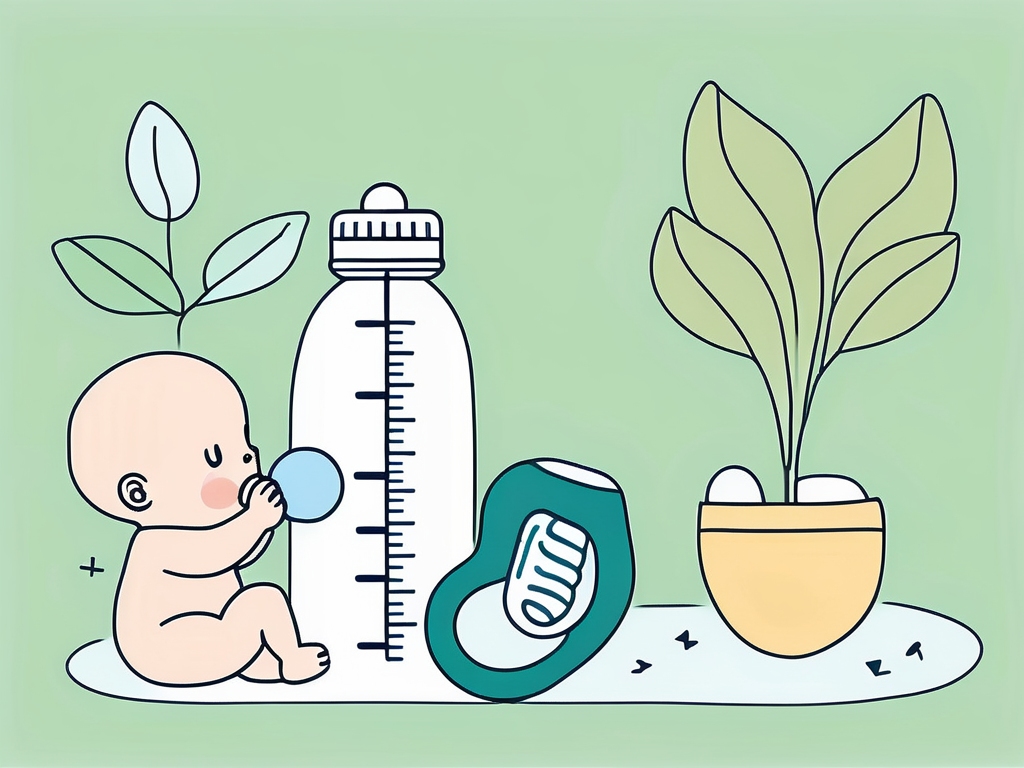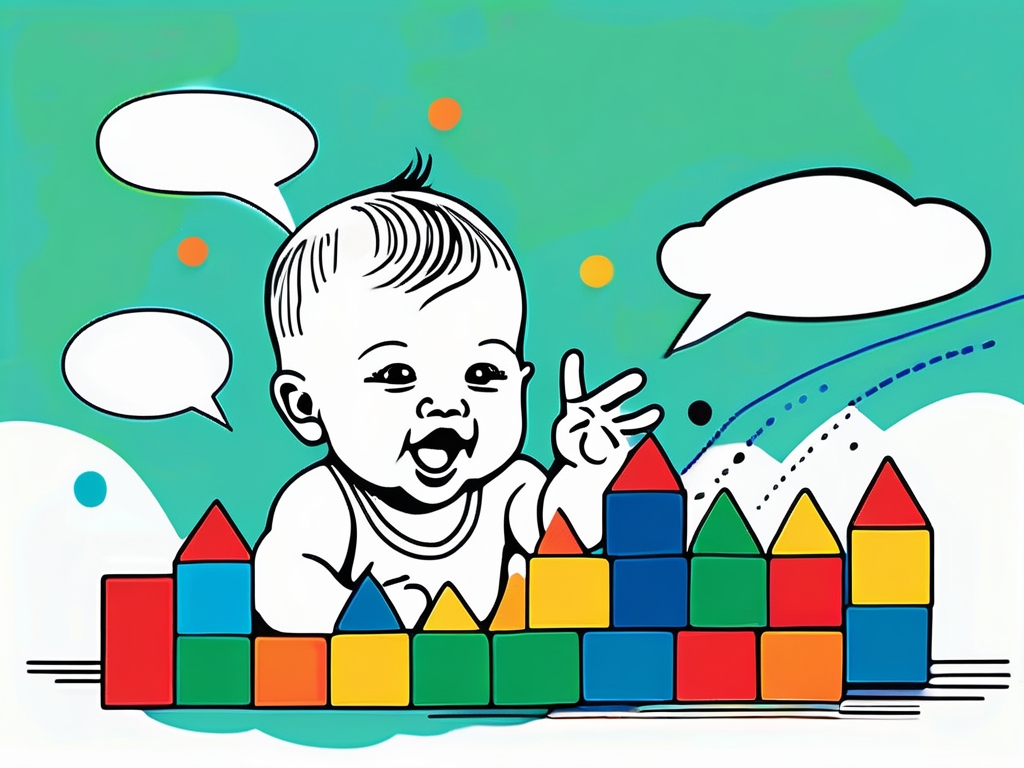In the early stages of life, infants undergo a remarkable journey of development. From the moment they are born, they begin acquiring a diverse range of skills that lay the foundation for their future growth. Understanding these skills is crucial for parents and caregivers in providing the necessary support and stimulation for optimal development. In this comprehensive guide, we will delve into the various skills infants develop and explore their significance in shaping their overall development.
Understanding Infant Development
Before we delve into the specific skills that infants develop, it is important to gain a broader understanding of infant development as a whole. Infancy is a period of rapid growth and transformation, where the child’s body and brain undergo significant changes. The experiences and interactions during this critical period can have a profound impact on the child’s future development.
Infancy is a time of immense wonder and discovery, as infants navigate their new world with curiosity and awe. From the moment they are born, babies begin to explore their surroundings, using their senses to make sense of the world around them. Every sight, sound, and touch plays a crucial role in shaping their understanding of themselves and their environment.
The Importance of Early Childhood Development
Early childhood development sets the stage for lifelong learning, behavior, and health. During the first few years of life, the brain is highly responsive to environmental stimuli and experiences. This neuroplasticity allows infants to rapidly absorb information and form connections between neurons. By providing a nurturing and stimulating environment, parents and caregivers can positively influence a child’s development, promoting optimal growth in all areas.
Research has shown that early childhood experiences have a lasting impact on a child’s cognitive abilities, social skills, and emotional well-being. Positive interactions with caregivers and exposure to enriching environments can enhance brain development and lay a strong foundation for future learning. Conversely, neglect or adverse experiences during this critical period can hinder a child’s development and lead to long-term consequences.
Stages of Infant Development
Infancy can be broadly divided into several stages, each characterized by distinct milestones and developmental achievements. These stages include the newborn stage (0-2 months), the infant stage (2-12 months), and the toddler stage (12-36 months). Throughout each stage, infants acquire a range of skills, encompassing physical, cognitive, social, emotional, and language abilities.
As infants progress through each stage of development, they reach important milestones that mark their growth and progress. From the first smile and babbling sounds to crawling, walking, and eventually forming simple sentences, each achievement represents a building block in their overall development. Parents and caregivers play a crucial role in supporting and nurturing these milestones, creating a safe and stimulating environment that encourages exploration and learning.
Physical Skills Infants Develop
Gross Motor Skills Development
Gross motor skills involve the coordinated movement of large muscle groups and are essential for physical activities such as crawling, sitting, standing, and walking. During the first year of life, infants gradually develop the ability to control and coordinate their body movements. Initially, they exhibit reflexive movements, such as grasping and sucking, which later evolve into purposeful actions, like rolling over and crawling.
As infants continue to grow and explore their physical capabilities, they begin to experiment with more complex movements that challenge their balance and coordination. This includes activities like pulling themselves up to stand, cruising along furniture, and eventually taking those first wobbly steps independently. These milestones not only mark significant physical progress but also contribute to the development of their confidence and independence.
Fine Motor Skills Development
Fine motor skills involve the coordination of small muscle groups, particularly in the hands and fingers. As infants grow, they start to refine their ability to manipulate objects with precision, such as picking up small items, using utensils, and eventually grasping and releasing objects intentionally. This development is crucial for later activities, including drawing, writing, and self-care tasks.
Furthermore, as infants engage in various sensory experiences, such as exploring different textures and materials, their fine motor skills are further honed. Activities like finger painting, playing with building blocks, and manipulating sensory toys not only enhance their dexterity but also stimulate their cognitive development. These early interactions with their environment lay the foundation for more intricate fine motor skills, setting the stage for future academic and creative pursuits.
Cognitive Skills Infants Develop
Sensory and Perception Skills
From the moment they are born, infants rely heavily on their senses to explore and make sense of the world around them. Through vision, hearing, taste, smell, and touch, infants gather information and develop their perception of the environment. As the brain continues to mature, infants become more adept at interpreting sensory input, recognizing faces, objects, and sounds, and discerning patterns and depth.

Furthermore, sensory experiences play a crucial role in shaping infants’ cognitive development. For example, studies have shown that exposure to a variety of sensory stimuli can enhance infants’ neural connections and promote the development of their sensory processing abilities. This means that providing infants with rich and diverse sensory experiences can have a positive impact on their overall cognitive growth.
Memory and Problem-Solving Skills
Infants possess a remarkable capacity for memory and problem-solving, even from a very young age. They can recall familiar faces, detect changes in their environment, and learn through repetition and association. As their cognitive abilities advance, infants begin to engage in problem-solving activities, such as finding hidden objects and accomplishing simple tasks, which further strengthens their mental processes.
Moreover, memory plays a vital role in infants’ ability to learn and adapt to their surroundings. Research has shown that infants’ memory skills are closely linked to their cognitive development, as memory helps them retain information, recognize familiar patterns, and make connections between different experiences. By engaging in memory-based activities, such as playing memory games and repeating familiar routines, infants can enhance their cognitive abilities and build a solid foundation for future learning.
Social and Emotional Skills Infants Develop
Emotional Expression and Understanding
While infants may not have the language skills to express themselves verbally, they have a rich repertoire of nonverbal cues to convey their emotions. Crying, smiling, babbling, and cooing are all ways in which infants communicate their feelings and needs. Furthermore, infants start to recognize and respond to the emotions of others, developing empathy and the ability to form emotional bonds.

It is fascinating to observe how infants’ emotional expression and understanding evolve over time. As they grow, they not only become more adept at expressing their own emotions but also at interpreting the emotions of those around them. This early development of emotional intelligence lays the foundation for their future social interactions and relationships.
Social Interaction and Communication
As infants grow, they become increasingly aware of their social surroundings and develop a stronger desire for social interaction. They start to engage in turn-taking interactions, imitate the actions and behaviors of others, and develop an emerging sense of self. Infants also begin to understand and respond to simple verbal cues, further enhancing their communication skills.
Through social interaction, infants learn valuable skills such as cooperation, sharing, and conflict resolution. These early interactions play a crucial role in shaping their social development and laying the groundwork for more complex social behaviors later in life. As infants engage with caregivers, siblings, and peers, they begin to understand the give-and-take of social relationships and the importance of communication in establishing connections with others.
Language and Communication Skills Infants Develop
Understanding and Responding to Sounds
Even before they can produce words, infants exhibit an innate ability to understand and respond to speech sounds. They can differentiate between different tones of voice, recognize familiar voices, and respond to their name being called. By exposing infants to a rich linguistic environment and engaging in verbal interactions, parents and caregivers can nurture their language development.

Development of Speech and Vocabulary
As infants progress into the latter part of their first year, they begin to babble, experiment with sounds, and eventually say their first words. The acquisition of language involves a complex process of learning and imitation, as infants absorb the sounds and words they hear around them. Through exposure to conversation, reading, and interactive play, infants gradually build their vocabulary and refine their articulation skills.
But language development in infants goes beyond just understanding and speaking words. It also involves the ability to comprehend and use gestures and non-verbal communication. Infants learn to interpret facial expressions, body language, and even sign language, which further enhances their ability to communicate effectively.
Moreover, infants develop a remarkable sensitivity to the rhythm and intonation of language. They can detect subtle changes in pitch and stress, which helps them understand the emotional nuances conveyed through speech. This sensitivity lays the foundation for their future ability to interpret and express emotions through language.









